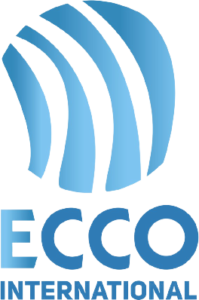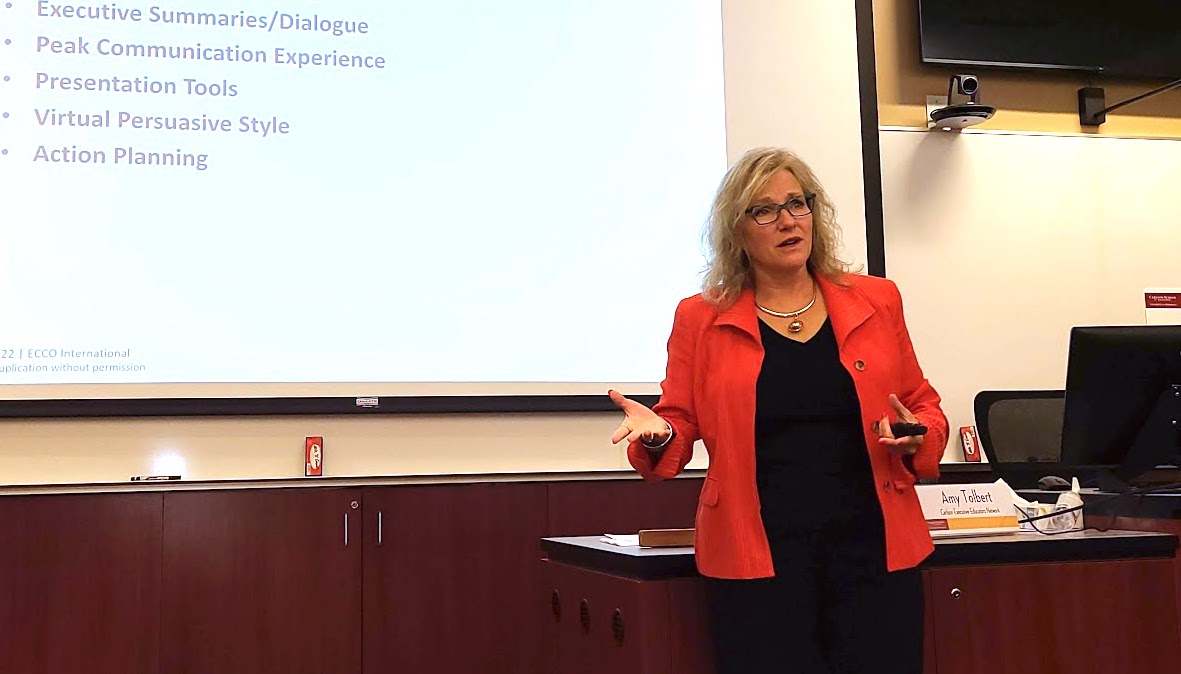Diversity, Equity, and Inclusion (DEI) efforts are present in most modern workplaces. Following decades of research and different approaches, we have learned that inclusive workplaces are necessary for a business’s success, innovation, and sustainability in changing circumstances. Inclusivity goes beyond diversity – but having a diverse team is an important beginning step.
Having a diverse team, alone, is not enough – though. These teams, naturally, change dynamics and present new challenges. So, as pointed out by HBR, inclusive leadership is key to leading a diverse team to success. When led well, a diverse team offers organizations tremendous resources for innovation.
Team leaders must emphasize and apply cultural intelligence as they facilitate the group and develop the cultural intelligence (CQ) of each member. Organizations that improve cultural intelligence will see improved communication and performance among their diverse teams.
But what – really – is cultural intelligence? Let’s break this down.
Cultural intelligence is the “ability to connect with others and work effectively in multicultural situations,” (Forbes).
There are people who, due to their experience, have a high organic cultural intelligence. But – just like one’s IQ – with effort, it can be cultivated.
Intelligence, in general, is not something that is determined by genes alone. It can be developed over time. Fluid Intelligence is what comes naturally to us, such as raw processing speed, mental quickness, and abstract reasoning.
But Crystallized Intelligence is what we know from experiences, culture, family, community, and education. This type of intelligence is what we have some control over. CQ is informed by both fluid and crystallized intelligence, so – with a conscious effort – we are capable of developing this knowledge.
According to Forbes,
Cultural intelligence has 4 main factors:
CQ Mindset: (Drive/Motivation) Your enthusiasm to acquire knowledge about a new culture. People in each culture have had their beliefs, behaviors and values shaped by that culture.
CQ Knowledge: Understanding how cultures influence what people say or do. Learning these aspects of different cultures is your knowledge.
CQ Skills: Having a plan to respond to cultural differences – including taking into account what you have learned about the culture and factoring it into your approach to your team’s dynamic.
CQ Action: Behaving in culturally-aware ways – in a range of culturally diverse situations – including handling any challenges or conflict that arise among your diverse team.
How can you start cultivating your cultural intelligence?
Take note of the cultural differences around you.
Ask questions.
Read newspapers and books from different perspectives.
Be open to adapting your mindset based on what you learn.
It is a personal journey, but by simply heightening your awareness, you will see a difference.
To recap:
Innovative teams are good for business. Innovation comes from inclusivity, which cannot exist without diversity. Diverse teams need an inclusive leader to unlock that innovation. Cultural intelligence is a key part of inclusive leadership. By cultivating your CQ, you will see the tangible benefits. As HBR research found:
“Teams with inclusive leaders are 17% more likely to report that they are high performing, 20% more likely to say they make high-quality decisions, and 29% more likely to report behaving collaboratively. What’s more, we found that a 10% improvement in perceptions of inclusion increases work attendance by almost 1 day a year per employee, reducing the cost of absenteeism.”
_________________________________________________
If your team could benefit from learning to implement inclusive practices look into our online courses.
Amy S. Tolbert, Ph.D., and Certified Speaking Professional is the founder and principal of ECCO International (Energizing Cultural Change in Organizations). She specializes in creating inclusive cultures through online courses, keynote presentations, and facilitated workshops and training. She is the author of Reversing the Ostrich Approach to Diversity: Pulling Your Head Out of the Sand.
Recent Articles:
Should Diversity Training Be Illegal?
Are Your Hiring Practices Really Inclusive?
How Do Unconscious Biases Really Work? Neuroscientists have the answer.
Works Cited:
Janine Schindler, MCC. “Council Post: Why Cultural Intelligence Matters (Even If You Never Leave Home).” Forbes, Forbes Magazine, 14 Jan. 2019, https://www.forbes.com/sites/forbescoachescouncil/2019/01/14/why-cultural-intelligence-matters-even-if-you-never-leave-home/?sh=f9df0e962d7c.
“Why Inclusive Leaders Are Good for Organizations, and How to Become One.” Harvard Business Review, 30 Nov. 2021, https://hbr.org/2019/03/why-inclusive-leaders-are-good-for-organizations-and-how-to-become-one.



